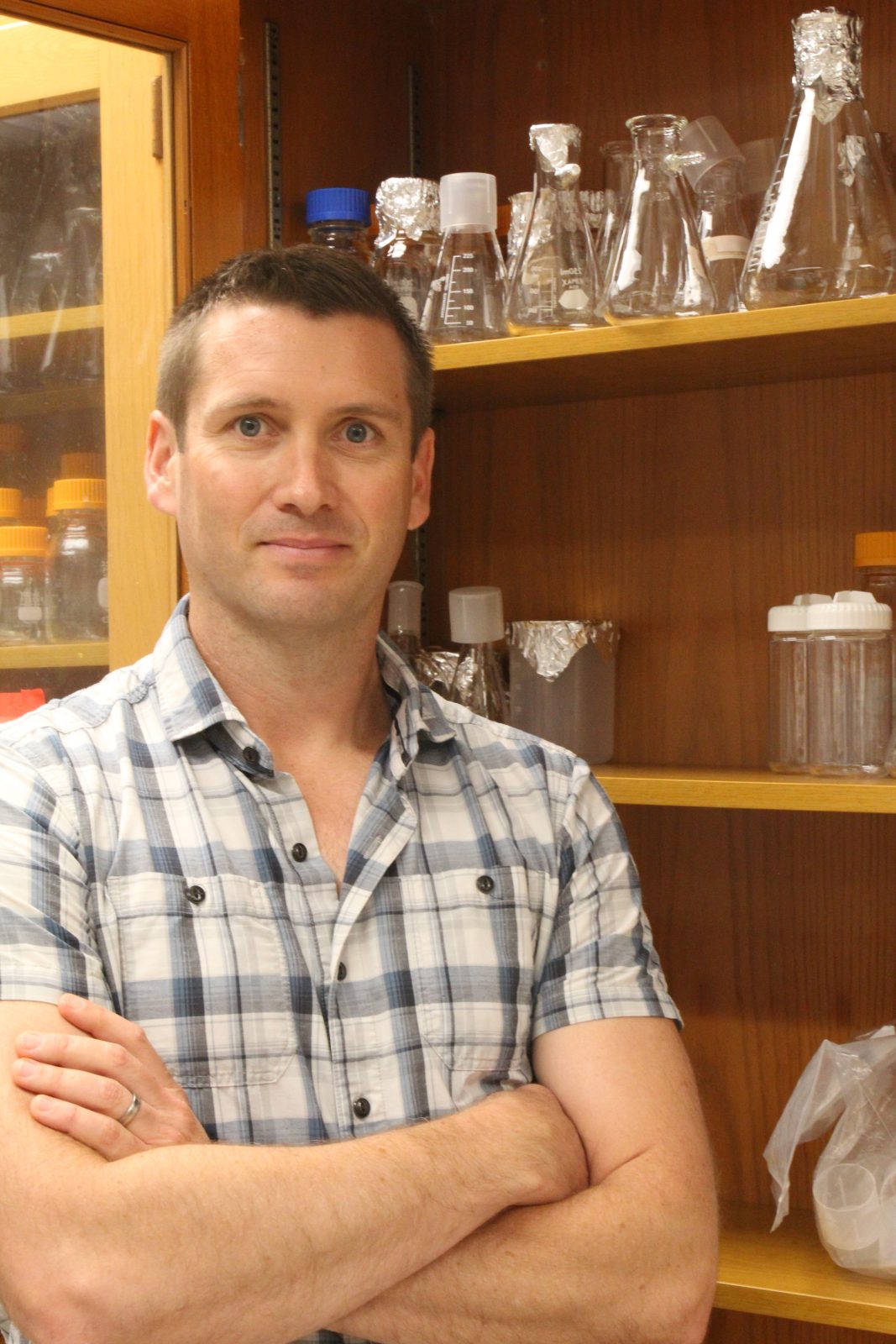Spring 2022 eNewsletter
Director’s Corner: A Message from CIGLR’s Director, Dr. Gregory Dick
 Dear Friends and Colleagues,
Dear Friends and Colleagues,
Spring is upon us! I love this time of year in the Great Lakes region. Finally, after a cold, dark winter, the days grow longer and warmer, and everything comes alive. Renewal!
Here at CIGLR we are experiencing renewal in various forms. The first few months of 2022 were spent crafting a proposal to renew our institute for another five years. This follows successful competition for CIGLR in 2017 and is midway to the next open competition in 2027. Because it is “non-competitive” (i.e., no other universities compete), the major themes and partners are retained. Nonetheless, this renewal was a chance to reflect on our accomplishments for the first five years of CIGLR and to look forward to new projects and plans to support NOAA’s evolving needs.
Having been in this Director’s chair for just 7 months, I could admire these awesome accomplishments from afar: development of forecasts that provide advanced warning of hazards such as hypoxia, floods, harmful algal blooms, and lake-effect snow and ice; advances in our fundamental understanding of key processes such as nutrient cycling and the impacts of invasive species and climate change; deployment of game-changing technologies such as omics and autonomous observing systems; engagement of stakeholders in the true co-design of research and products.
And the road ahead is just as exciting. We look forward to hiring a new Associate Director and evolving to meet the needs of the new US Coast Guard Great Lakes National Center of Expertise for Oil Spill Response and Research. We will build on our tradition of interdisciplinary science while strengthening our embrace of new technologies, new tools, and the latest techniques to make sense of the massive streams of data coming in from all over the Great Lakes. We will expand efforts to recruit diverse researchers for the next generation of Great Lakes scientists. This work will be enhanced thanks to our host, the University of Michigan, which is making its largest ever investment in CIGLR, more than doubling its financial contribution. It was gratifying to see deans and department heads from across campus demonstrate their commitment to our mission of understanding and protecting the Great Lakes and training the next generation of Great Lakes scientists, stewards, and educators.
Spring also heralds the renewal of field work – a new season of monitoring and sampling the Great Lakes to understand how they work and how they are responding to human insults and a changing climate. Buoys and gliders are prepared and deployed; vessel schedules and sampling protocols are designed and debated; new field teams are oriented and trained. The logistics are dizzying, and we rely on a dedicated team of research scientists and staff, working alongside our NOAA GLERL colleagues, to make it all work. This year, the new field season came on the heels of a first-of-its-kind winter field campaign, the “winter grab,” in which teams from more than a dozen institutions across the Great Lakes basin participated in coordinated sampling of all five Great Lakes, providing first glimpses into critical winter processes.
Most inspiring to me, this time of year brings renewal of our human capital. New postdoc and graduate student fellowships and Summer Fellows have been awarded, supporting young scientists who will work with mentors from CIGLR, NOAA, and our Consortium partners. With these young minds come new perspectives, ideas, and directions. To appreciate the impact of these experiences, just talk to past CIGLR Summer Fellows, many of whom are now leading science, policy, and advocacy in the Great Lakes and beyond.
Thus, as spring slowly but surely makes its way across the Great Lakes, we begin again. A new season and the promise of new adventures and new opportunities. New projects tackled with renewed energy and fresh potential for discoveries and breakthroughs that will be the foundation of tomorrow’s advances in understanding and protecting the Great Lakes.
Sincerely,
Gregory J. Dick
![]()
Director
Cooperative Institute for Great Lakes Research
